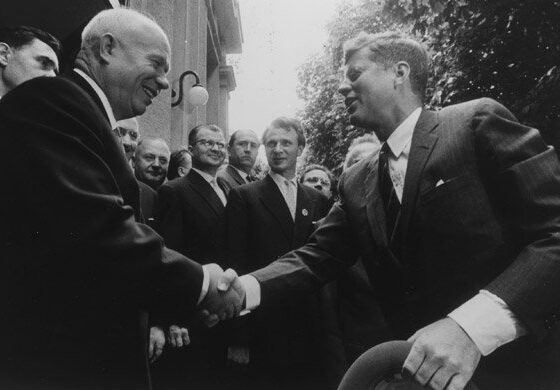One of the most worrying recent trends in Russia has been the government’s clampdown on Internet access and activities. When the World Wide Web emerged in the mid-1990s, the Russian government initially did not try to prevent Russian citizens from having unhindered access to the Internet. After Vladimir Putin became president of Russia nearly fifteen years ago and began methodically re-imposing state control over all national television, the Internet became the medium of choice for urban, highly-educated Russians. Although regular Internet use was low in Russia until around 2008, the rate of daily use has grown very sharply since then. State-controlled national television remains the dominant source of news for the vast majority of Russians (roughly 85-95 percent, according to the Levada Center’s periodic surveys), but the Internet is now a crucial source of information about politics for a small but influential segment of intellectuals and elites.










